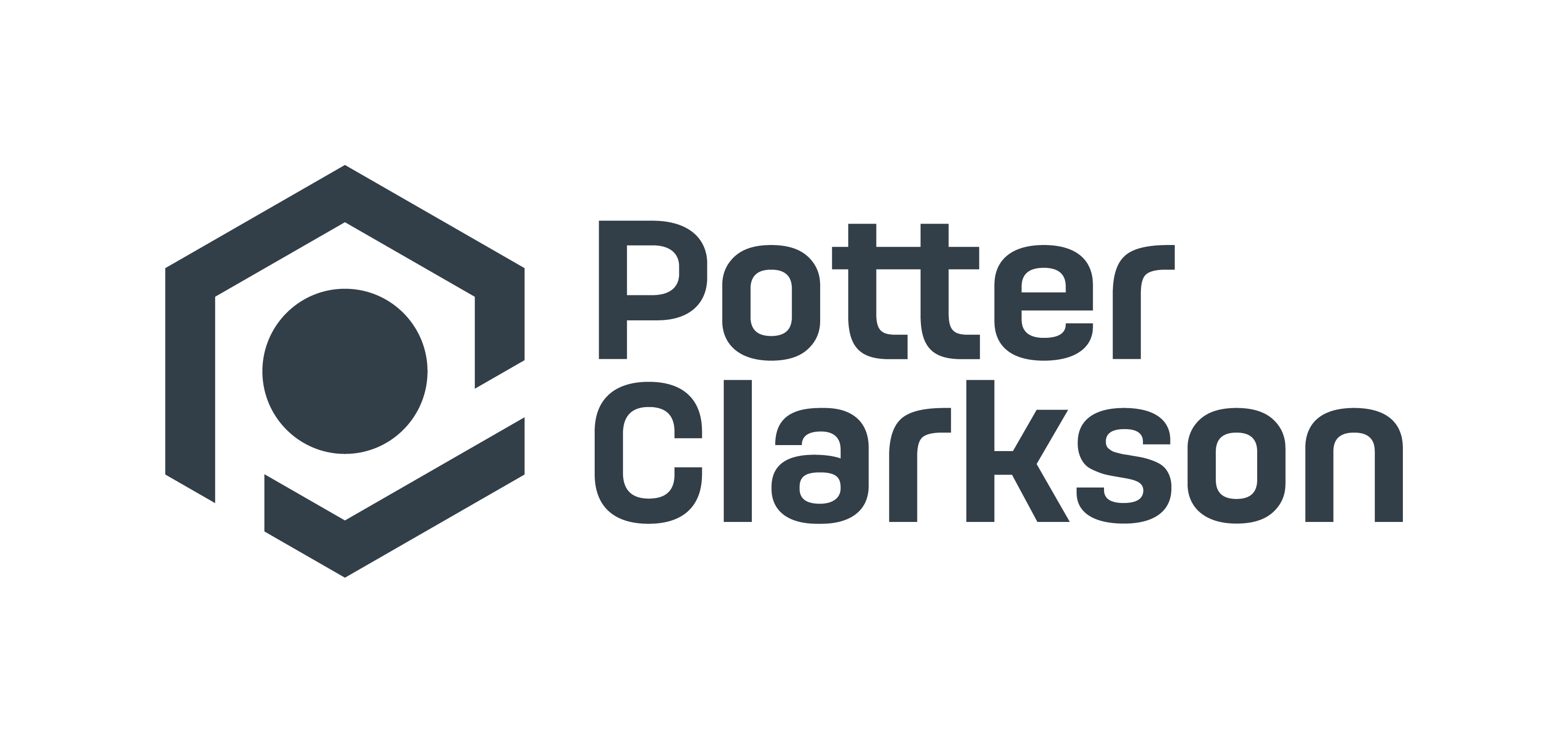
Unlocking the value of data in the biotech industry
The business world has, for some time now, appreciated the importance of collecting data. Organisations across a range of industries understand how analysing that data can unlock a wealth of insight and intelligence that can help them move forward.
The biotech sector, in its ongoing quest to unearth the next important medical discovery, is no exception. But many firms may be attempting to do this from scratch, not recognising that the huge volumes of data they’ve spent time and energy collecting can be used to drive innovation.
Treasure trove of data
There is a vast amount of data available within the healthcare system. Electronic Medical Records (EMR) and Summary Care Records (SCR) contain physicians’ notes on patients, prescription records, and test results, while a growing number of clinical trial results and other drug development and approval documents are now being stored electronically.
With the cost of developing medicines continuing to grow, and with many of these medicines failing in late stage clinical trials, being able to access this treasure trove of data could prove invaluable in improving compound selection, refining clinical trials, and reducing the number of failed candidates.
Using the power of modern computing processors, complex AI algorithms are capable of mining this data - processing enormous amounts of patient and drug data to find new treatments. By crunching data regarding the proposed biological target, for example, AI can be used to design the ideal structure for a completely new drug. And, by analysing the pharmacology of a drug and the physiology of a disease, it’s possible to match an already approved medicine with a disease with a previously unmet need.
What’s more, this ability to sift through such large amounts of healthcare data means biotech companies are better able to personalise a particular patient’s drug therapies. With so much data to hand on specific cohorts of people, AI algorithms are able to stratify patient populations into well-defined groups and match them with the personalised therapies that best suit their needs.
Saving time and money
All of this can be done at a fraction of the traditional cost and time. What would once have taken hundreds of scientists hundreds of lab hours and thousands of iterations to perform manually, can now be done in significantly less time by a few data scientists and pharmacologists with the right algorithms and access to the right data sets.
The discovery and development process can be made even more efficient through collaboration. Many companies may find it a challenge to analyse and unlock the value in the large amounts of data they hold. However, by securely sharing that data with a company capable of applying the necessary AI algorithms, both parties can benefit - one from larger and, therefore, more informative data sets, the other from unlocking the insight the data holds. A strategy for dealing with ownership of IP arising from analysing the data is therefore vital.
Developing medicine is an expensive, time-consuming, and risky process. Hundreds of millions of pounds are spent each year on discovering new drugs, testing them, and seeking regulatory approval. But capitalising on the wealth of data available to them can save biotech companies a great deal of time and money.
An IP strategy dealing with data-driven innovation is, therefore, essential. By knowing exactly what data is available to them, and how it can be analysed - and how quickly - biotech firms can revolutionise their drug discovery and development processes, slashing the time and costs involved. Not only will this use of data be good for business, but it will also - importantly - make medicine available to the people that need it, when they need it.


